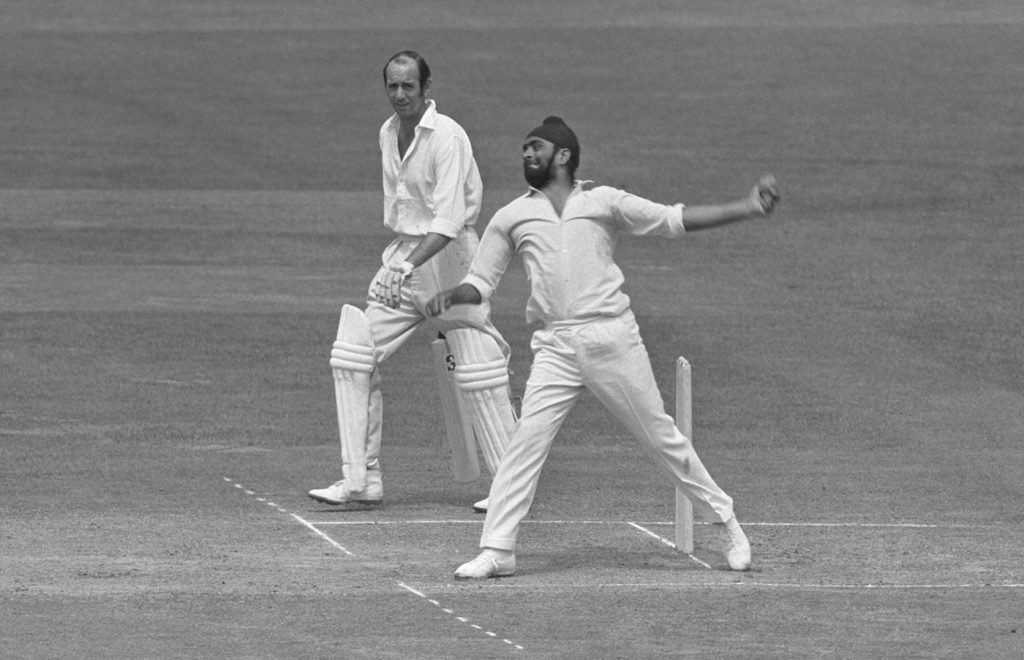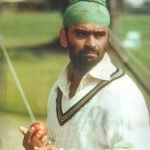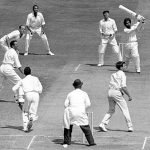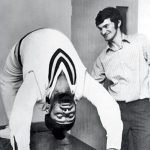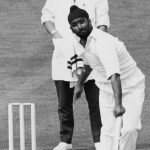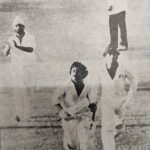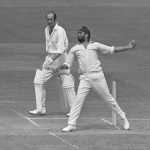Bishan Singh Bedi was born into a Sikh family. The surrounding atmosphere exhaled an aroma of sport. His father was a keen sportsman himself and gave his son every encouragement possible. Bedi also owes a lot to Gurpal Singh, who, with Jove, carefully nurtured his career in the early stages, as well as to Professor Gian Prakesh, his mentor.
Bishan Singh Bedi was a charming and thoughtful cricketer. He is a graduate of Punjab University. He loves to discuss cricket and has a library of his own consisting of nearly 300 books on the game. Bedi loves to bowl on any wicket, but he enjoys bowling on English wickets the most. He is truly enamored of English cricket and has signed a three-year contract with Northampton.
Bishan Singh Bedi is a left-arm spin bowler with a classic, simple, flowing action and has tied down the best batsmen in knots. His fingers are not uncommonly long or strong, but he has never had trouble with his fingers, as is the case with other spinners. Bedi belongs to Amritsar, a wealthy agricultural place near Kashmir. It is famous that Sikhs are normally powerful men, fine warriors, and excellent hockey players. But actually, it was soccer that attracted Bedi in his young days.
